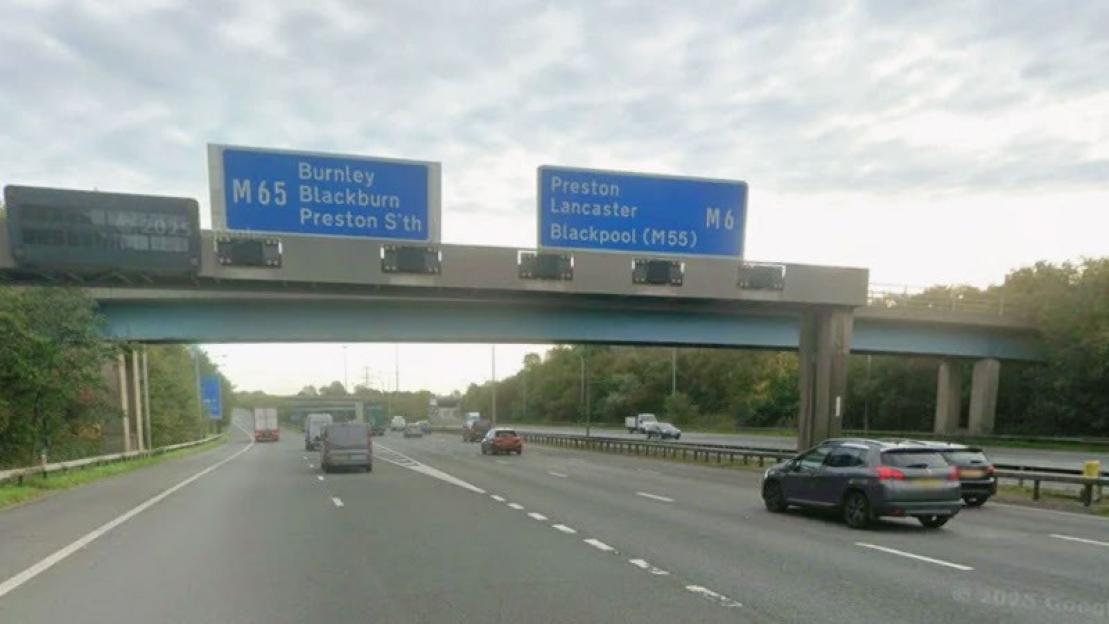MILLIONS of Brits are being warned of a potential drought as the country is hit with the driest start to the year for nearly a century.
The has warned of a “medium”;; risk of drought in England this summer without sustained rainfall.
 The Environment Agency has said water saving measures may need to be implemented
The Environment Agency has said water saving measures may need to be implemented Brits have been told to prepare for a potential drought summer
Brits have been told to prepare for a potential drought summerThe news comes after the country experienced its , in March and April, in 61 years.
The regulator has said there are currently no hosepipe bans planned, but warned water companies might have to implement measures in the months ahead.
The regulator has urged utilities to take action to cut leaks and help customers .
Thames Water is among the firms warning of the potential for water restrictions for its 16 million customers if the weather stays dry.
It is a marked change in the weather after England endured the wettest 12 months from October 2023 to September 2024, causing devastating flooding and leaving struggling to get crops into the ground.
Scotland and Northern Ireland have seen their driest starts to the year for many decades.
average daily rainfall data analysed by the PA news agency shows Scotland recorded 281.8mm of rain from January 1 to May 11.
This is the lowest figure for this period since comparable data began in 1931.
Northern Ireland recorded 232.9mm of rain from January 1 to May 11, the lowest figure since 1953.
North-west and north-east England have both seen their driest start to a calendar year since 1929, the (EA) said on Tuesday.
England as a whole has experienced its driest February to April period since 1956.
Water levels in April were at their lowest on record at six EA monitoring sites across the north of England.
There were record lows on the Don at Doncaster in , the River Swale at Crakehill Topcliffe in North Yorkshire, the South Tyne at Haydon Bridge in Northumberland, the Wharfe at Tadcaster in North Yorkshire, the Wear at Witton Park in Lancashire and the Mersey at Ashton Weir in Greater Manchester.
 Temperatures have soared in recent weeks
Temperatures have soared in recent weeks A shortage of rainfall has left rivers and reservoirs depleted
A shortage of rainfall has left rivers and reservoirs depletedin central England, the Tyne in north-east England and the Lune in north-west England were all classed as exceptionally low for the time of year.
England’s overall reservoir storage stood at 84% at the end of April, lower than at this time of year in the drought summer of 2022.
But in north-west England it was 73%, while Haweswater and Thirlmere in Cumbria were at 62%, due to a combination of low river levels and planned maintenance earlier in the year.
Figures covering spring so far â March 1 to May 11 â also show that south-east England recorded only 34.9mm of rain in this period, the fourth lowest total since daily data began in 1931,
North-east England saw 39.5mm from March 1 to May 11 this year â the lowest since 1938.
With the , households in some parts of the country are being warned of the potential for usage restrictions later in the year.
In an appearance before the Environment, Food and Rural Affairs Committee, Thames Water chief executive Chris Weston said the company is doing “all we need to”;; to prepare for potential water shortages, and had learned from 2022’s drought year when it came close to running out of water.
But he said: “I am confident we won’t run out of water, I’m not confident we won’t have to restrict usage, because that will depend on what the weather does and what happens between now and the summer.”;;
 There are not currently any plans for hosepipe bans
There are not currently any plans for hosepipe bans Without rainfall water will become even more scarce
Without rainfall water will become even more scarceA spokesperson for industry body Water UK said: “Following the driest start to spring in nearly 70 years, have been taking two actions: first, they are setting new records for repairing leaks; and second, they are moving water across their regions to relieve the driest areas.”;;
Water UK also said customers could help leave more water in the environment by making small changes at home and in the garden, with tips on its Water’s Worth Saving website, such as watering plants in the , moving pots into the shade and letting lawns go brown as they would recover when it rains.
Environment Agency deputy director of water, Richard Thompson, said: “The last two years were some of the wettest on record for England but drier conditions at the start of this year mean a drought is a possibility and we need to be prepared.
“It’s heartening to see more people looking to reduce their water use and we expect to do more to cut leakage and roll out smart meters.”;;
The National Trust which manages land, coasts and gardens across England, Wales and Northern Ireland, said the spring had been “incredible”;; for flowers with brilliant displays of cherry blossoms, bluebells, apple blossom and hawthorn â likely due to last year’s wet weather followed by recent .
But Rebecca Bevan, the Trust’s senior national consultant on plant health and sustainability, said: “With this year’s spring set to become one of the driest on record, this initial display is likely to be followed by less good performance into the summer as many trees and other plants will be put under stress by the lack of rain.
“Drought conditions can lead to slow growth, poor flowering and an increased risk of diseases such as blackspot and mildew.”;;
She added: “are urged not to resort to watering with mains water however, as this will deplete reserves needed for agriculture and wildlife â installing water butts is the best way to catch any rain we do get for use in the garden.”;;







